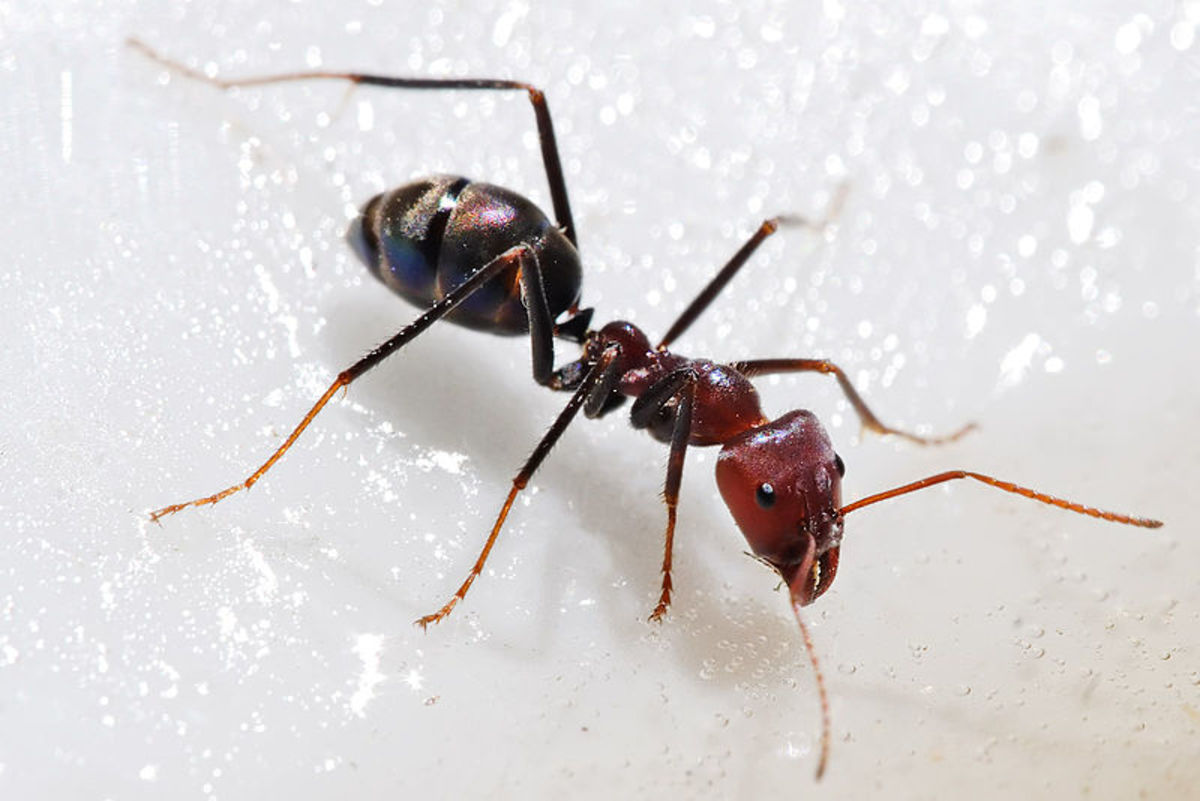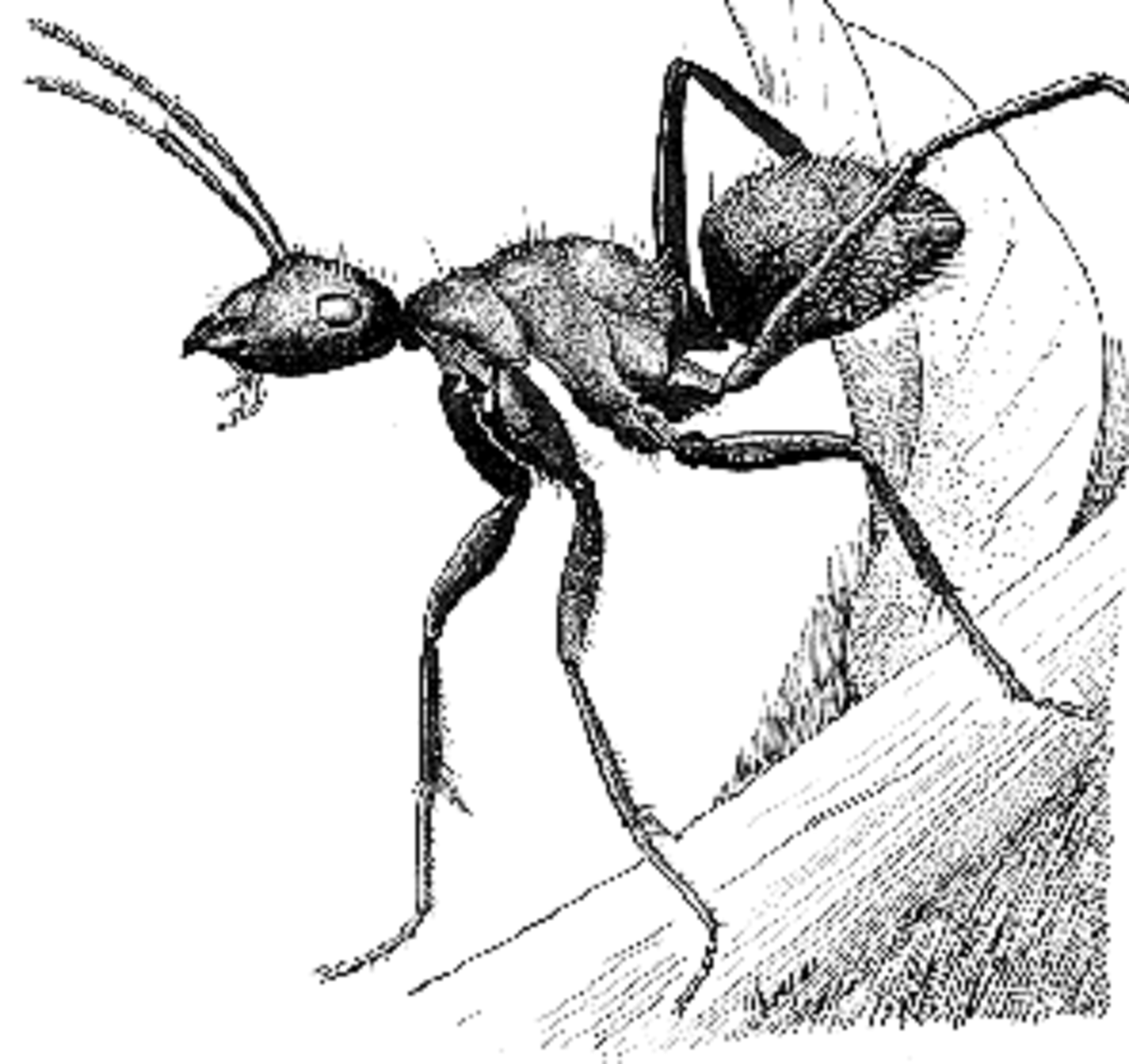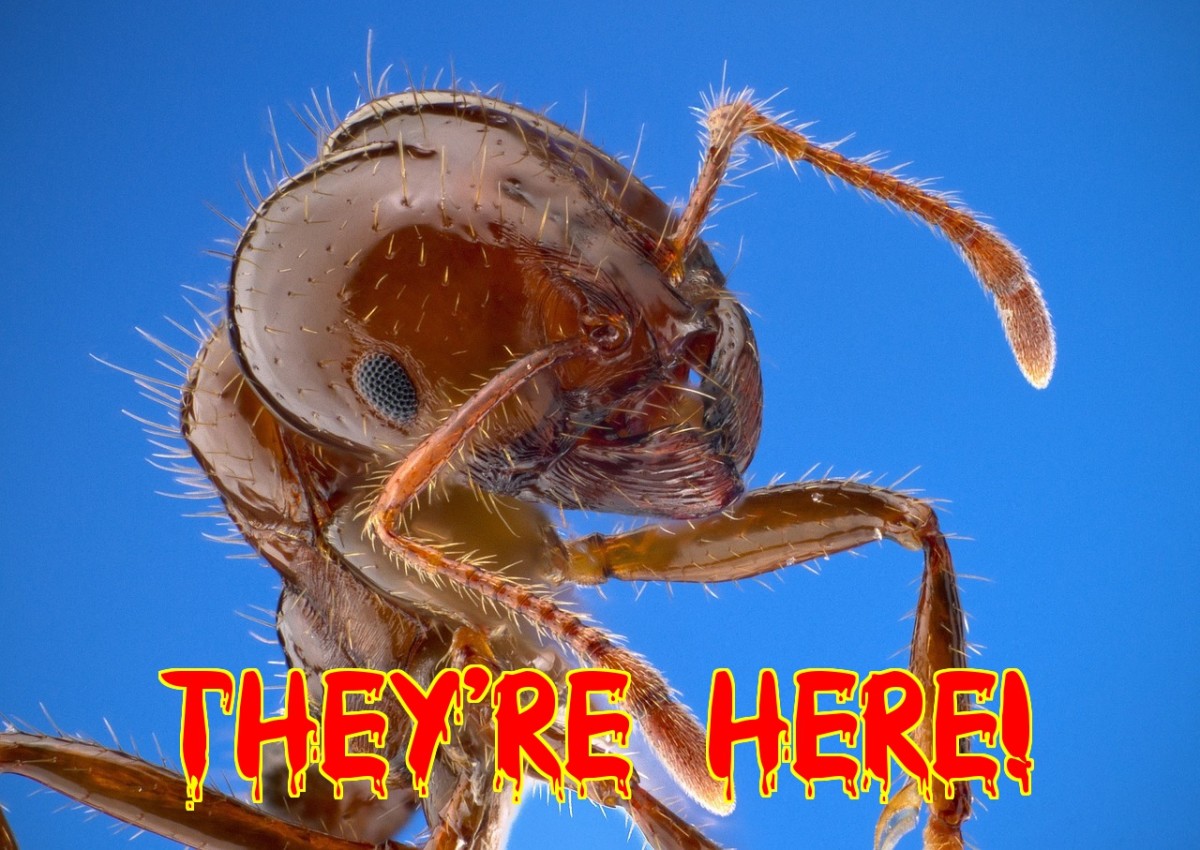- HubPages»
- Education and Science»
- Life Sciences»
- Entomology»
- Insects & Bugs
Should You Make Homemade Fire Ant Poison?
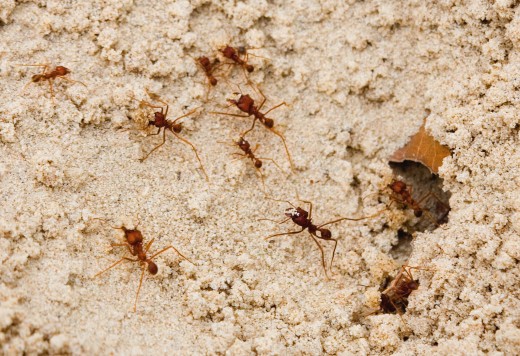
Homemade Ant Poisons
When you need to kill fire ants, it may be tempting to mix up anything in your home that might be poisonous and to feed it to the little devils. However, not only will this approach be unlikely to kill the entire fire ant colony, it can actually be quite harmful to your health and safety.
Typical homemade fire ant poison mixtures include things like dishwashing detergent and bleach. Sites like eHow actually give you step-by-step instructions for doing just that. However, that will create dangerous chlorine gas and can result in a serious situation. It condenses in your lungs and it creates hydrochloric acid inside them. This is never, ever advised.
The Right Substances
While mixing just anything together can be dangerous to your health, it will also frustrate you as you see the ant colony live on after you've supposedly treated it. I see a lot of this- people grab something, douse a colony and assume that it will die away. In reality, what happens is that a few ants come out and investigate what's happening, get into the homemade concoction, die and that's all. They don't bring it back into the colony and spread it around.
Commercial poisons are made to be carried it to the underground lair, shared and spread all the way to the colony's queen. While it is possible to make this happen with a homemade ant poison, it won't happen by accident. Throwing a couple of toxic things together will do very little, and applying them to the fire ant mound puts you at risk of an attack by the little critters.
Boric acid is one toxic substance that can be used in low doses to kill ants as long as it's mixed with something that they will be attracted to. Experiment with a protein source and a sweet substance mixed into the boric acid to find a formulation that will work for the species of ants that you are contending with. This will attract them, keep them eating it and allow them to live long enough bring the poison back into the colony.
Another way to kill fire ants is to use diatomaceous earth. This is a non-toxic soil type that is sold as an organic pesticide. It will not kill every ant in the colony, but it's a good way to keep down the number of ants in your yard until you are able to find a good formulation for your homemade poison or until you choose a commercial ant poison.
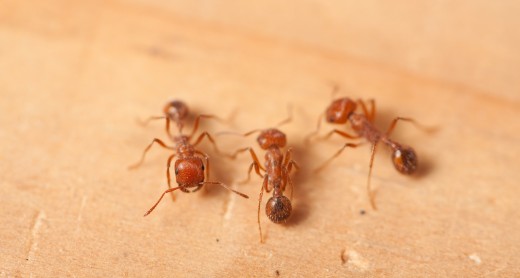
Should You Make Fire Ant Poison?
If you aren't very familiar with what is poisonous in your household and what isn't, it may not be a good idea to create a homemade ant poison. If you take care, however, and always keep in mind which substance should not be added to others, it is possible to make a viable, effective fire ant poison at home.
No matter what you choose to use for your homemade poison, always take precautions when applying it. If you get too close to the ant mound or disturb it too much, you will be attacked by fire ants. Always be careful not to come into contact with the mound or to stand too close to it, and disturb the mound as little as possible when you apply the poison.
- Killing Fire Ants
Here are are a few homemade methods for killing fire ants that actually work.



